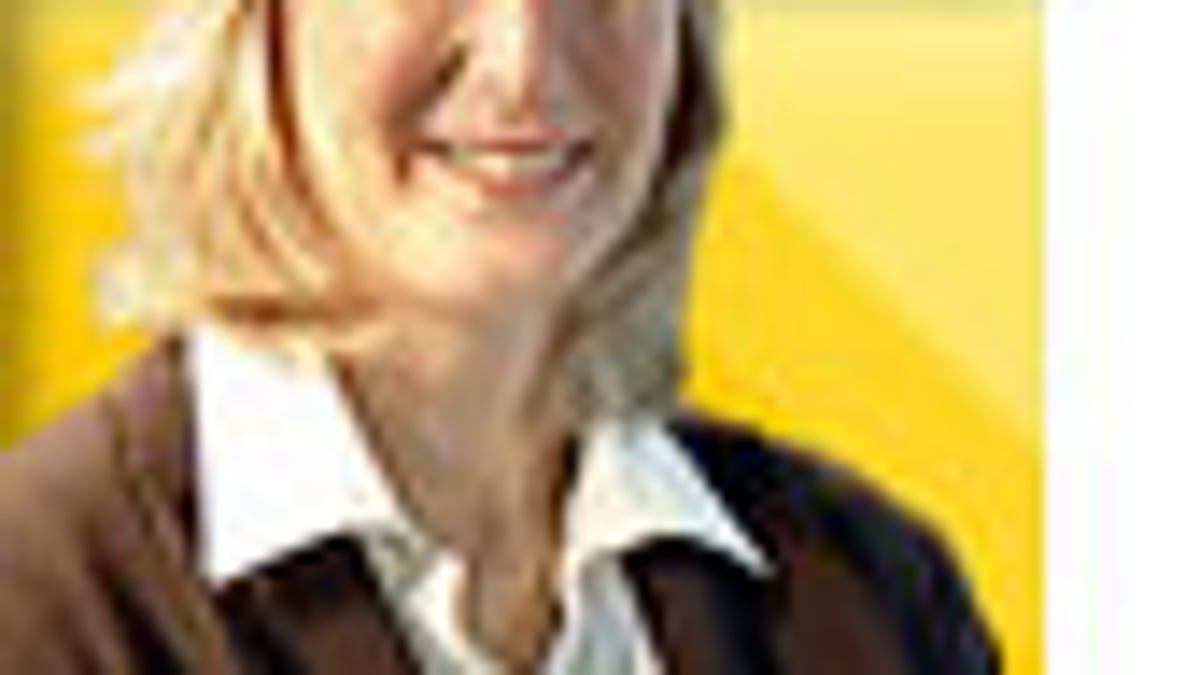Digital Life: from sport to politics
Let's speculate on how the Internet may impact the upcoming election.

Let's speculate on how the Internet may impact the upcoming election.
The Olympics was fun, but it made many of us put a hold on our routine activities to catch the all the events and hoopla. Even the Prime Minister carefully waited until the 2004 Games were finished to call the next Federal election -- which he also took pains to avoid scheduling on the weekend of the Rugby League Grand Final.
In last week's column, I ruminated on how much the Australian love of sport impacts our digital lifestyle. As we switch our headlines from sport to politics, I don't think we'll see the campaign having the same result. After all, nobody will be rushing out to buy a big screen and DVD recorder to catch the latest policy announcements in HD.
Locating local internet providers
But quite possibly our digital lifestyle will reverberate on the election.
Even before the election was officially underway, we were hit with "Spamgate". Net Harbour, a company run by the PM's son, Tim Howard, was behind an unsolicited e-mail blast containing promotional Liberal Party electoral material.
Locating local internet providers
Given the Government's attempts to beat the spam menace (political parties are excluded from spam laws, however), negative reaction was swift and decisive.
"The Prime Minister has breached the spirit, if not the letter of anti-spam laws," said Kate Lundy, Shadow Minister for ICT. "John Howard's government banned commercial spamming this year, but then the Prime Minister goes ahead and spams the public for political benefit -- this is a clear case of double standards."
A Sydney Morning Herald online poll found that 61 percent of the almost 11,000 respondents thought that the PM using his son's net company for electioneering was "bad" and a further 25 percent rated that it "made them feel uneasy."
As readers of CNET.com.au can attest, the Internet is becoming an increasingly valuable resource and research tool, and voters are turning to the political Web sites to aid in making voting decisions. However, research shows political party Web sites in Australia have failed to comply with usability guidelines and risk failing to attract the swinging voter.
With official party sites not passing muster, other Web sites are stepping into the gap. Google John Howard's name and "The Official Unofficial John Howard Web Site" appears fifth on the search table results.
And the Australian Labor Party has seen fit to link www.truthoverboard.com on its homepage.
We only have to take a look at the seemingly unending US Presidential campaign to see where this is all heading. Australia has yet to encounter a grass roots, Internet-driven campaign like the one that propelled Democrat contender Howard Dean for a spell, but savvy politicos will be taking note.
If nothing else, we can look forward to more entertaining web videos with a political theme. The Bush and Kerry contest has spawned many, but one of the most popular making the rounds has been a spoof of the Woodie Guthrie song "This Land is Your Land".
Anybody up to an adaptation of "Tie Me Kangaroo Down Sport"?
What do you think? Will the Internet will have any impact on the Australian election? Let me know your thoughts below!

